
A recent study published in Science evaluated DNA changes in healthy and disease-laden bladder tissue, finding that cancer-driving mutations are common in healthy bladder tissue.

Your AI-Trained Oncology Knowledge Connection!


A recent study published in Science evaluated DNA changes in healthy and disease-laden bladder tissue, finding that cancer-driving mutations are common in healthy bladder tissue.
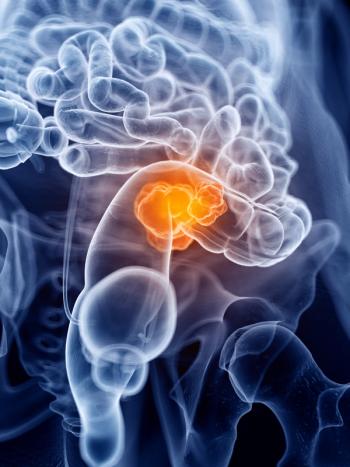
“This algorithm could allow us a better shot at personalized medicine and enhance our ability to tailor the treatments to be as appropriate as possible,” said study author Daniel Chang, MD.

The FDA approved the FoundationOne Liquid CDx for 3 new companion diagnostic indications to help match patients who could benefit from treatment with specific FDA-approved targeted therapies.
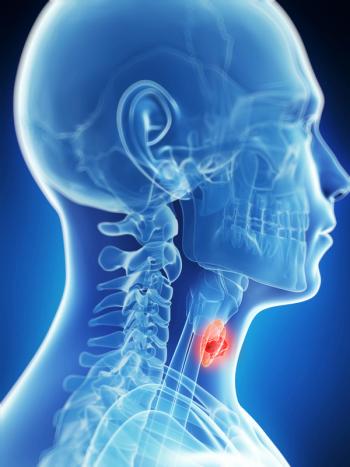
According to this study, patients with locoregionally advanced head and neck cancer with a higher risk of cancer progression relative to competing mortality, defined by a higher ω score, selectively benefit from more intensive treatment.
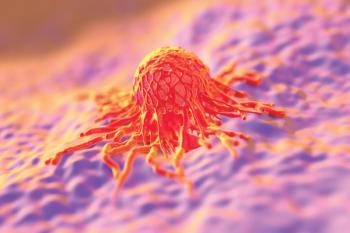
“This study for the first time systematically examined the risks of injuries during the cervical diagnostic workup,” said corresponding author Qing Shen, PhD.

Researchers indicated these findings provide evidence of the importance of increased moderate to vigorous physical activity and decreased sitting for improved health in older adults with or without a prior cancer diagnosis.

The expert in breast imaging spoke about the latest in breast imaging and the new technologies that are helping to advance the field.

The FoundationOne CDx is now approved by the FDA as a companion diagnostic for larotrectinib (Vitrakvi) to identify patients with NTRK fusions across all solid tumors.
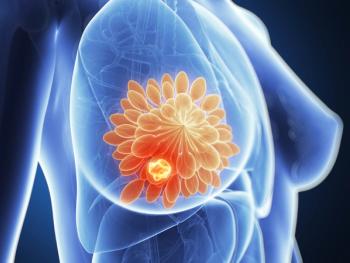
A study which evaluated lapatinib (Tykerb) and trastuzumab (Herceptin) given prior to surgery in patients with early HER2-positive breast cancer revealed that women who had a pathological complete response survived longer without the cancer returning than those who did not.

Combination treatment with tremelimumab and durvalumab was found to be well-tolerated and showed early signs of activity in certain patients with localized bladder cancer who are not eligible for cisplatin-based chemotherapy.
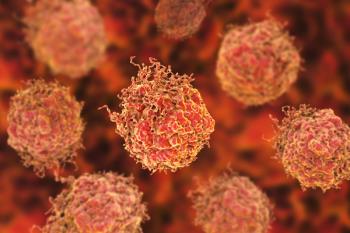
Black race was associated with improved prostate cancer-specific mortality and all-cause mortality among men with nonmetastatic prostate cancer who received radiation therapy in this large equal-access health care system.

Researchers indicated that these findings demonstrate a need for interventions to improve prognostic understanding between older patients with advanced cancer, caregivers, and health care professionals.

The expert in breast imaging spoke about the use of the technology, and why it is more effective than traditional mammograms.

A study led by researchers from City of Hope found that there is not a significant enough effort being made to representing older adults with cancer in clinical trial populations for new cancer drugs.

According to researchers, this study suggests “that the improvements in QOL and mood experienced by caregivers assigned to BMT-CARE are, in part, explained by an acquisition of effective coping skills and confidence in their ability to provide care for their loved one.”

However, though the CD56 target was confirmed to be expressed in the tumor types studied, the clinical efficacy of lorvotuzumab mertansine was limited.
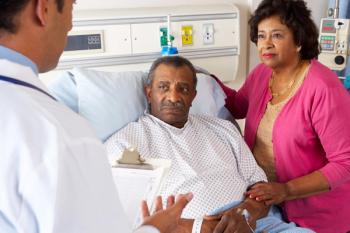
An intervention that delivered machine learning mortality predictions with behavioral nudges to oncology clinicians significantly increased the rate of serious illness conversations among all patients included in this study.

Cycle 3 of the FLASH study reported that patients taking SGX301 to treat cutaneous t-cell lymphoma saw improved responses and maintained a positive safety profile.

Researchers demonstrated for the first time that radiation remodels T-cell responses found within the tumors of patients with renal cell carcinoma.
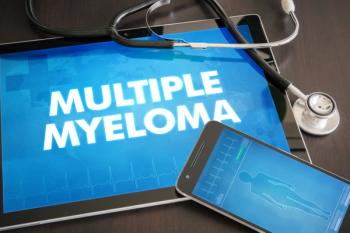
Genmab recently announced positive topline results from part 2 of the Phase 3 CASSIOPEIA study examining daratumumab monotherapy as maintenance therapy to treat patients diagnosed with multiple myeloma.
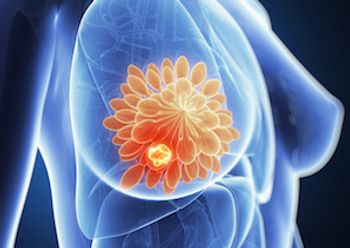
Detection of ESR1 mutations in baseline ctDNA was associated with inferior progression-free survival and overall survival in patients with advanced HR-positive breast cancer treated with exemestane versus fulvestrant.

Results from NCI-MATCH support the feasibility and efficiency of using next-generation sequencing (NGS) to triage patients to investigational therapy, provided that a sufficiently large pool of agents is made available.

Researchers found that Black non-Hispanic patients with head and neck cancer present with later stage at diagnosis and receive less treatment following their diagnosis compared to patients in all other racial and ethnic groups.

Treatment with trilaciclib prior to chemotherapy was found to significantly reduce the need for supportive care interventions in the management of severe neutropenia and grade 3/4 anemia induced by chemotherapy in patients with extensive-stage small cell lung cancer, compared with placebo.
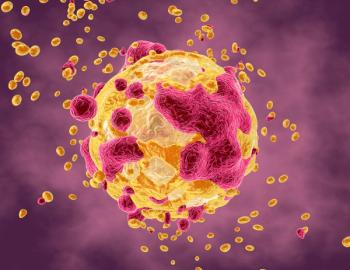
A phase 1/2 nonrandomized clinical trial in patients with advanced anthracycline-naïve sarcoma indicated that the treatment combination was well tolerated in this patient population.

New research from NCI-MATCH support the feasibility and efficiency of using next-generation sequencing (NGS) to triage patients to investigational therapy, given that a sufficiently large pool of agents is provided.

This study indicated that the financial hardship associated with cancer-related employment disruption among female adolescent and young adults can be sizable, suggesting a need for interventions to aid this patient population.

The FDA accepted and granted priority review to the supplemental new drug application for osimertinib (Tagrisso) for the adjuvant treatment of patients with early-stage EGFR-mutated non-small cell lung cancer after complete tumor resection with curative intent.
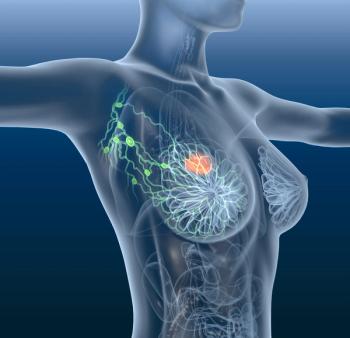
A recent examination of breast cancer subtypes, specifically luminal A and luminal B breast cancer, found that incidence rates from 2010-2016 increased for a number of racial/ethnic and age groups.
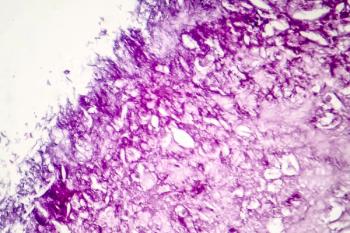
Pretreatment circulating tumor DNA was found to be a reliable indicator of patient outcome for those with metastatic melanoma in the first-line immune checkpoint inhibitor (ICI) treatment setting, but not in the second-line setting.